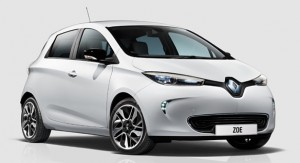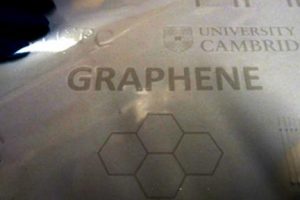Before such batteries can be built the researchers need to study how graphene will interact with the chemical components such as electrolytes.
The university says Professor Robert Dryfe from the School of Chemistry is performing experiments to analyse the chemical interactions between graphene and lithium ions, and is also studying how quickly electrons are transferred across graphene and the magnitude of capacitance – the amount of electrical energy that can be stored on graphene surfaces.
One potential goal is that the combination of graphene batteries and supercapacitors could boost electric cars by reducing batter weight. The university says these vehicles run on batteries that weigh 200kg, and if the weight could be reduced it “would increase the driving range of electric cars to beyond 100km – a limitation that currently prevents their widespread uptake”.
“If we can extend the distances that cars can travel between charge points we will instantly make them more popular,” says Professor Andrew Forsyth from the School of Electronics and Electrical Engineering.
“But how will the batteries cope with the real-life strains of driving? Electric cars – like all other vehicles – are not driven smoothly. Dramatic peaks in power demand as drivers accelerate will stress the battery and potentially limit its lifespan.”
Commercial partners involved include Rolls-Royce, Sharp and Morgan Advanced Materials.
Read more on Electrochemical Energy Storage with Graphene-Enabled Materials »
 Electronics Weekly Electronics Design & Components Tech News
Electronics Weekly Electronics Design & Components Tech News




